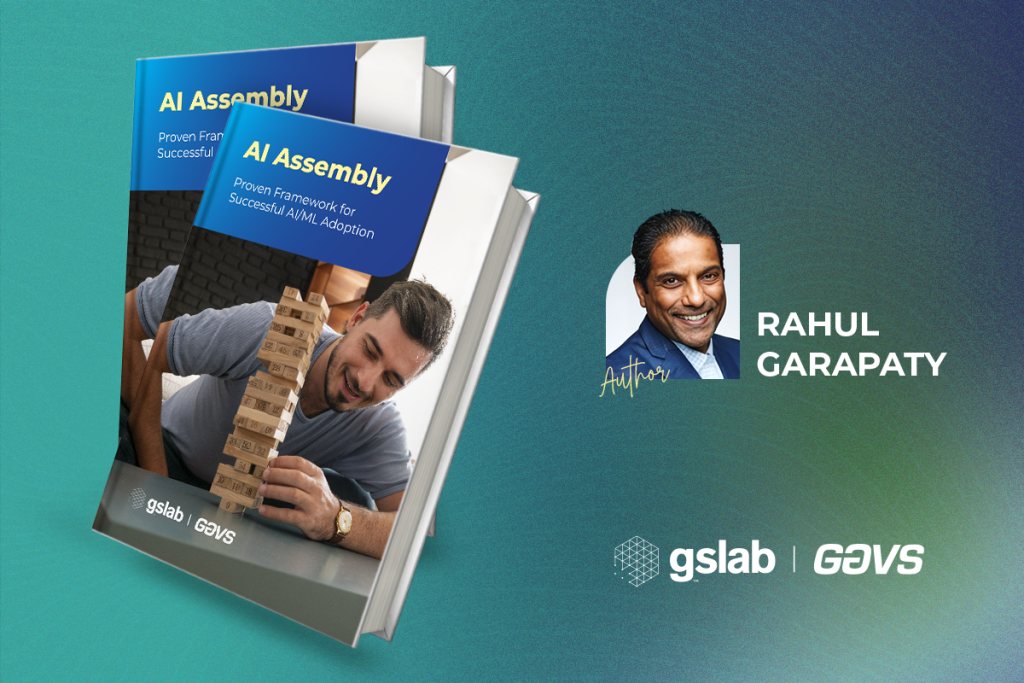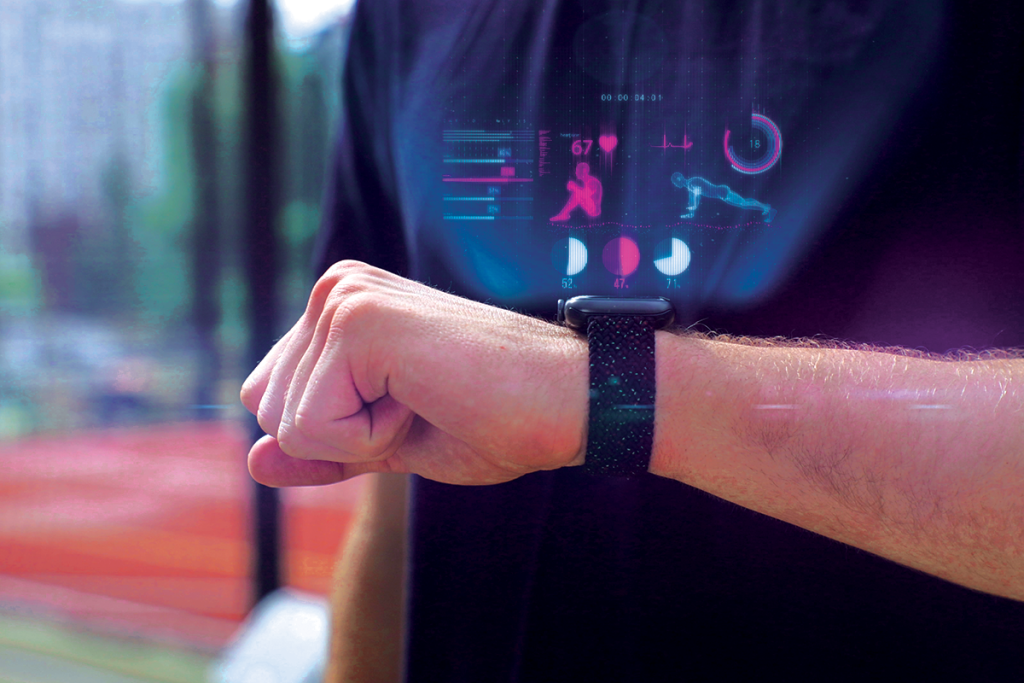Generative Artificial Intelligence (GenAI) is a disruptive force reshaping industries. The potential disruption caused by GenAI is multifaceted and can be felt across various sectors and aspects of society. GenAI’s profound impact on society necessitates robust regulation, ethical frameworks, and proactive adaptation to harness its benefits while mitigating potential disruptions.
Job Market Transformation
Automation of Tasks: GenAI heralds a significant transformation in the job market, primarily through task automation. GenAI has the potential to automate numerous knowledge-based tasks currently undertaken by humans. Sectors like content creation, translation, data entry, financial analysis, and software development may witness job displacement as GenAI systems become proficient in handling these responsibilities. This shift raises questions about the redefinition of roles and the need for upskilling to align with the evolving demands of the automated job landscape.
New Job Creation: While the automation of specific tasks may result in job displacement, it is anticipated that GenAI will also stimulate the creation of unique and specialized roles. Emergent professions may include AI trainers responsible for fine-tuning and enhancing AI capabilities, ethicists focusing on the responsible development and use of GenAI, data scientists specializing in GenAI applications, and professionals engaged in managing and overseeing collaborations between humans and AI systems. The dynamic evolution of the job market, spurred by GenAI, necessitates a proactive approach to education, training, and adapting skill sets to thrive in this transformative era.
Content Creation and Media Landscape
Deepfakes and Misinformation: GenAI’s proficiency in generating realistic audio, video, and text content raises significant concerns regarding the proliferation of deepfakes and the spread of misinformation. The ability to fabricate convincing content can erode trust in media, create societal challenges, and complicate the verification of information. This necessitates the development of robust tools and strategies to detect and counteract the impact of deepfakes, ensuring the integrity of information sources and safeguarding against malicious uses of this technology.
Personalized Content and Marketing: GenAI’s capabilities enable the creation of personalized content tailored to individual users. In fields such as education, entertainment, and advertising, this leads to more engaging and effective marketing strategies. By customizing content based on user preferences, behaviors, and demographics, GenAI enhances user experiences, potentially increasing audience engagement and the effectiveness of targeted marketing efforts. However, ethical considerations, including user privacy and consent, must be prioritized to ensure responsible and transparent implementation of personalized content strategies.
Scientific Discovery and Innovation
Accelerated Drug Discovery: Discovering and developing new drugs traditionally involves time-consuming and expensive steps, including target identification, compound screening, and clinical trials. This often takes years, and many potential drug candidates may fail at various stages. GenAI can significantly accelerate drug discovery by utilizing machine learning models to generate and evaluate potential drug molecules. By predicting the properties, efficacy, and possible side effects of various compounds, GenAI can streamline the selection process, reducing the time and resources required for preclinical and clinical testing. GenAI can simulate and analyze vast numbers of molecular structures, allowing for high-throughput screening in silico. This enables researchers to identify promising drug candidates more efficiently, potentially discovering novel treatments for various diseases.
Novel Material Design: Developing new materials with specific properties involves a complex interplay of various factors. Traditional experimental methods can be time-consuming and costly, limiting the exploration of a wide range of possibilities. GenAI can contribute to material design by generating and analyzing virtual structures, predicting their properties, and proposing novel combinations of elements. This accelerates the discovery of materials with tailored characteristics, such as improved conductivity, strength, or flexibility. The ability to design materials with enhanced properties has applications in renewable energy technologies, battery development, and aerospace. For example, lightweight and durable materials prepared with the help of GenAI can contribute to creating more efficient solar cells, longer-lasting batteries, and stronger yet lighter components for aircraft.
GenAI capabilities may surpass its initial design as it continues to learn and evolve. This raises questions about who controls its development and the potential risks associated with unintended consequences. For example, Getty Images filed a lawsuit against Stability AI, the company behind the Stable Diffusion image generation model, alleging the model infringed on Getty Images’ copyrights by using millions of images from their website without permission to use them to train the model. This case highlights the potential for ownership and control issues in GenAI regarding the training data used to develop the models. The outputs generated by GenAI, whether creative work or solutions, raise questions about intellectual property rights. Determining ownership becomes essential for fair compensation, acknowledgment, and legal responsibilities. Ensuring responsible development and use of GenAI involves defining ethical application guidelines, preventing misuse, and promoting the common good. Establishing legal frameworks that govern ownership, control, and responsible use of GenAI-generated content is imperative. This includes addressing issues of liability, accountability, and potential societal impacts.
With a dedicated GenAI expert team, deep understanding of analytical AI, a strong data science and cybersecurity background, GS Lab | GAVS brings a structured approach to address diverse challenges using GenAI. We partner with you to build solutions specific to your use cases to bring tangible benefits to your customers and employees, responsibly and securely. To create a ready pool of GenAI certified professionals, ZIFGENAI University – a part of GS Lab | GAVS’ Learning Academy has initiated a Generative AI skilling project to empower employees to learn new, job-relevant skills.
You can find more information on our Generative AI services at https://gavstech.com/services/digital-solutions/generative-ai/.




